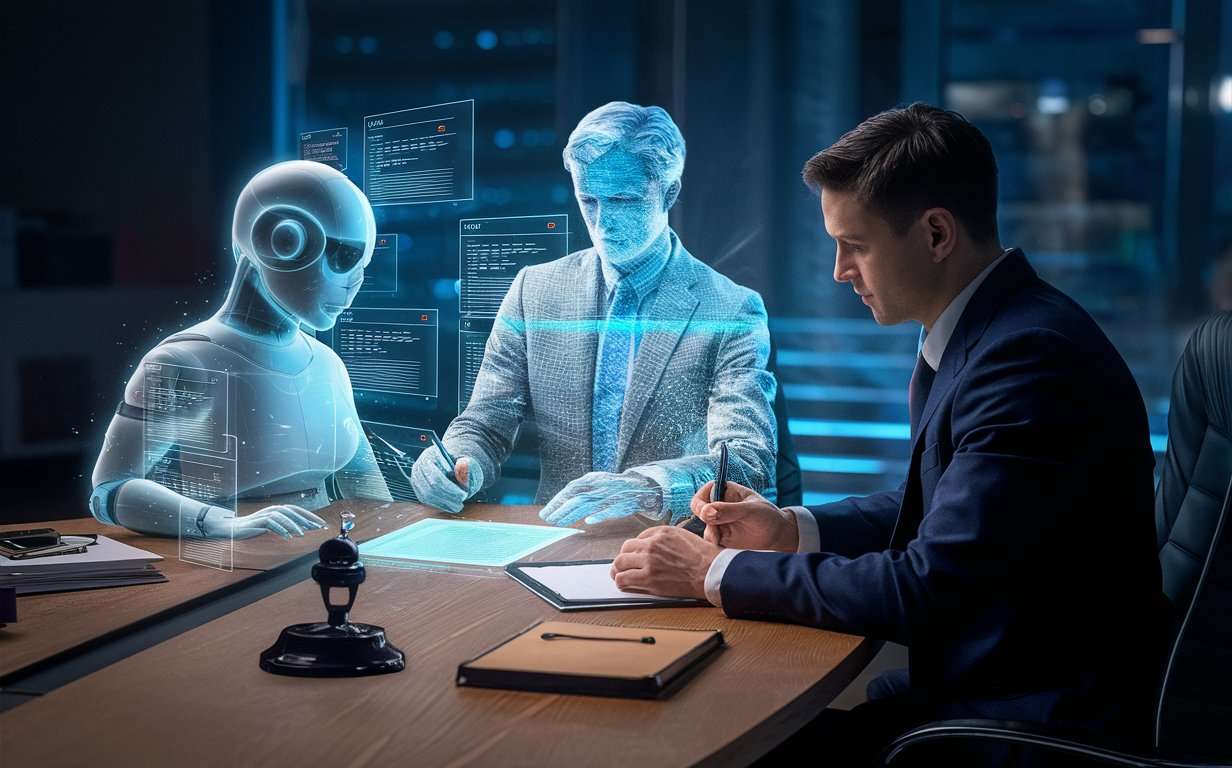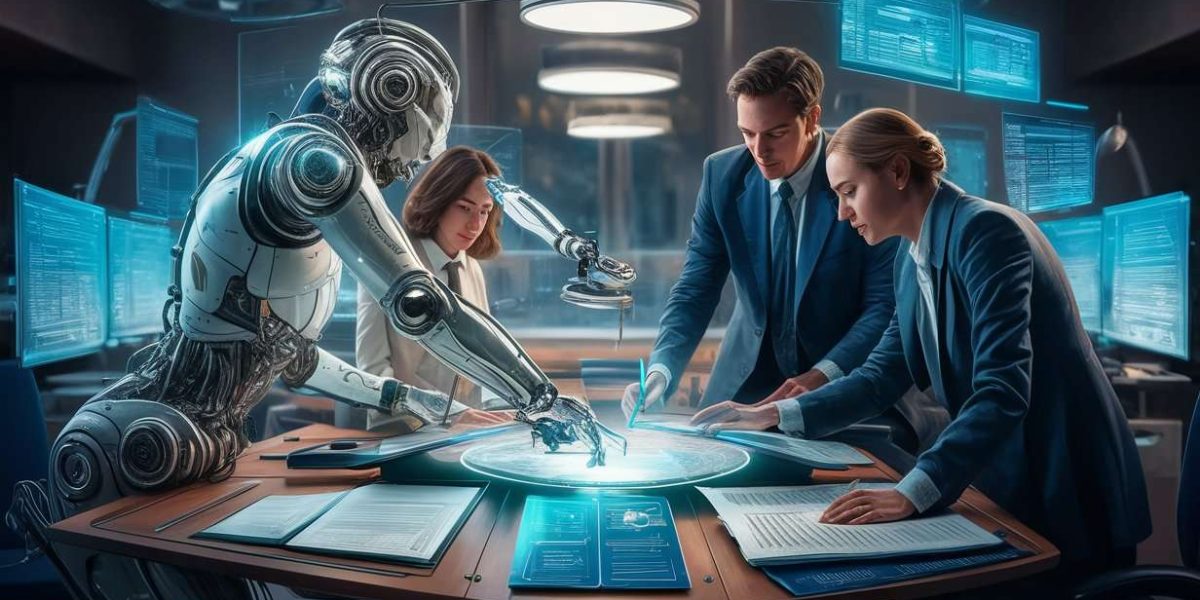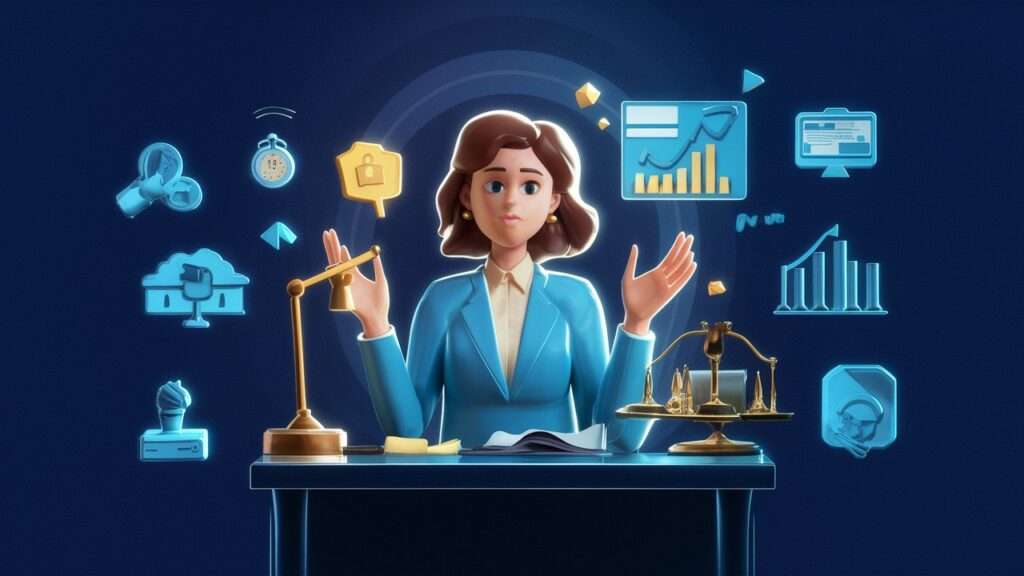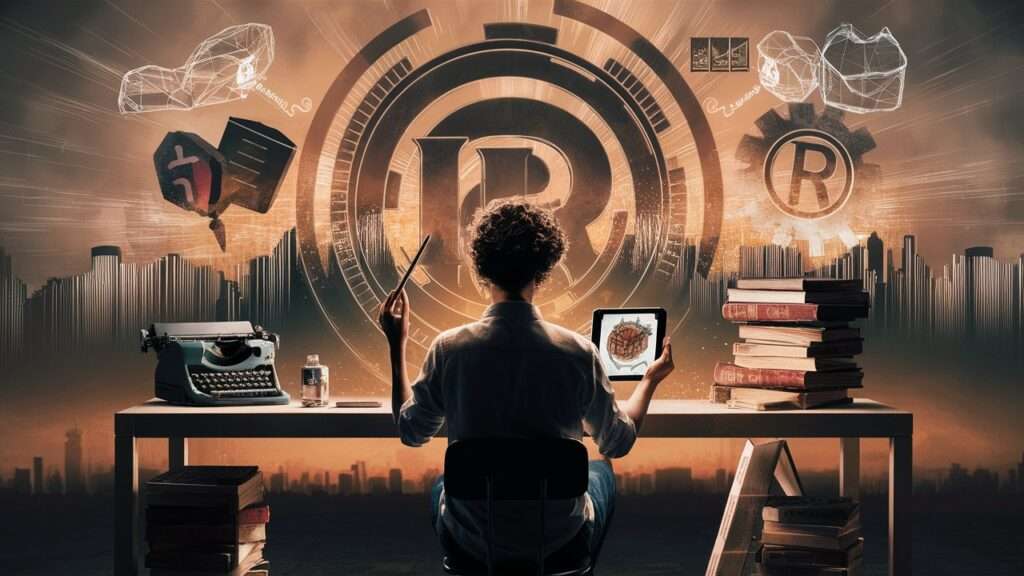Lawyers and AI: Reshaping Contract Drafting
In today’s ever-evolving landscape, artificial intelligence (AI) has become a game-changer across various industries, including law. The legal profession, known for its meticulous attention to detail and complex processes, is experiencing significant transformations due to AI technologies. One of the critical areas influenced by this revolution is contract drafting and review. Let’s delve into how lawyers and AI are reshaping this crucial aspect of the legal domain.
The Evolution of Contract Drafting with AI
Contract drafting and review, traditionally handled manually by legal professionals, are time-consuming endeavors prone to errors. The emergence of AI in this realm promised streamlined processes and error reduction. However, the integration of AI in legal tasks comes with its own set of challenges and limitations.
The Role of Lawyers in Contract Drafting
At the heart of effective contract drafting lies the expertise and experience of lawyers. While AI can analyze data and identify patterns, legal professionals bring a nuanced understanding of legal nuances, strategic advice, and ethical considerations to the table. Let’s explore how lawyers’ approach differs from AI in contract drafting and review:
1. Customization vs. Templates
Lawyers tailor contracts to meet specific needs, considering nuances that generic AI templates might overlook. This customization ensures contracts align precisely with parties’ requirements, reducing potential disputes.
2. Legal Ethics and Confidentiality
Lawyers adhere to strict ethical standards, safeguarding sensitive information—a feat challenging for AI systems, which might lack the nuanced understanding of confidentiality.

3. Creativity and Innovation
Human lawyers bring creativity and innovation to contract drafting, offering diverse solutions that AI, with its predefined algorithms, may not generate.
4. Flexibility and Communication
Lawyers excel in flexible approaches, balancing parties’ interests and priorities effectively. Their skill in communicating complex legal concepts ensures clear understanding among all stakeholders.
5. Compliance and Risk Mitigation
Legal professionals ensure contracts comply with legal frameworks, mitigating risks that AI-generated contracts might overlook, especially in high-stakes agreements.
AI’s Potential and Limitations
While AI streamlines processes and saves time, its implementation requires significant investment and may still result in errors or oversights. Human oversight remains crucial to avoid legal liabilities and ensure professionalism in contract drafting.
The Future: Lawyers and AI Collaboration
Contrary to fears of AI replacing lawyers, the future likely entails a symbiotic relationship. Legal expertise combined with AI’s efficiency can revolutionize contract drafting, offering enhanced accuracy, speed, and compliance.
Conclusion
In contract drafting, the synergy between legal expertise and AI capabilities proves transformative. While AI brings efficiency, lawyers’ insights ensure legality, ethics, and strategic foresight—a combination poised to redefine legal processes for the better.
Looking ahead, the future of legal innovation lies in embracing AI as a valuable tool rather than a competitor. This collaboration opens doors to enhanced accuracy, speed, and compliance in contract drafting and review. It also paves the way for exploring new frontiers in legal services, where AI augments human capabilities rather than replacing them.
By leveraging AI’s strengths alongside legal proficiency, law firms and practitioners can navigate complex legal landscapes with confidence and precision. This symbiotic relationship heralds an era of greater efficiency, reduced risks, and enhanced client experiences—a testament to the adaptability and resilience of the legal profession in the face of technological advancements.
The collaboration between lawyers and AI fosters continuous learning and improvement. As AI systems evolve, they can learn from legal experts’ feedback and experiences, enhancing their capabilities and contributing to more sophisticated legal solutions.
In essence, it’s not merely about Lawyers versus AI but rather about Lawyers harnessing AI’s potential to drive innovation, efficiency, and excellence in legal practices. Embracing this evolution ensures that the legal industry remains at the forefront of delivering impactful solutions while upholding the core values and standards that define legal professionalism.
Worried about your Startup up?
Book a free call here.









